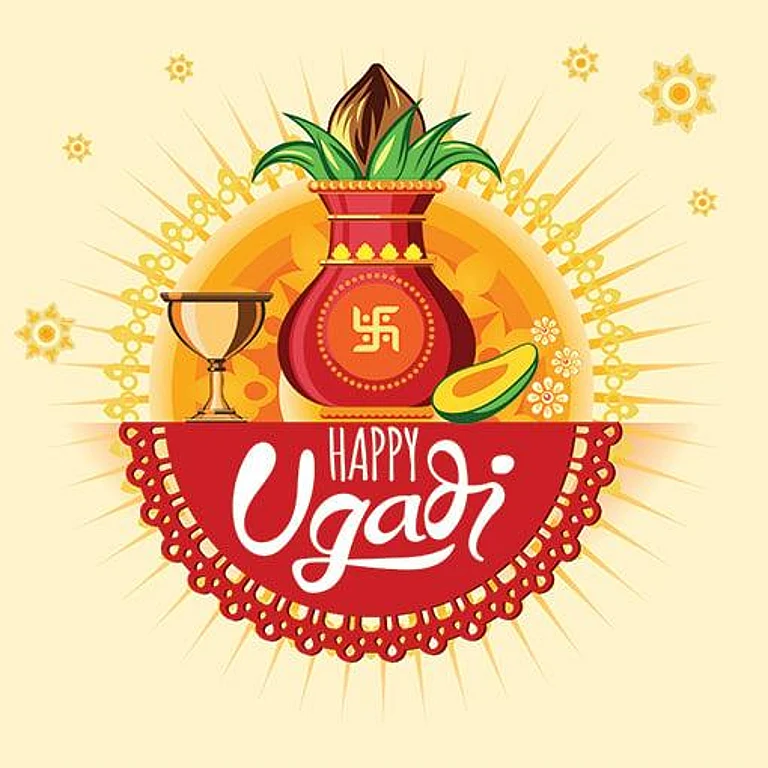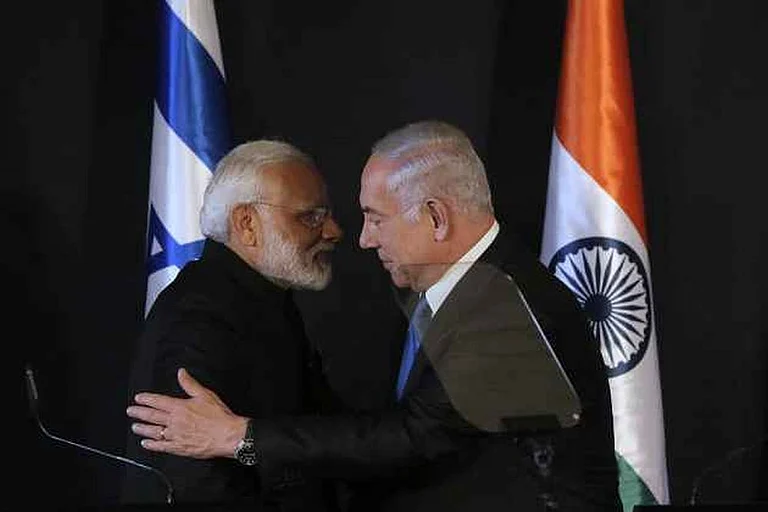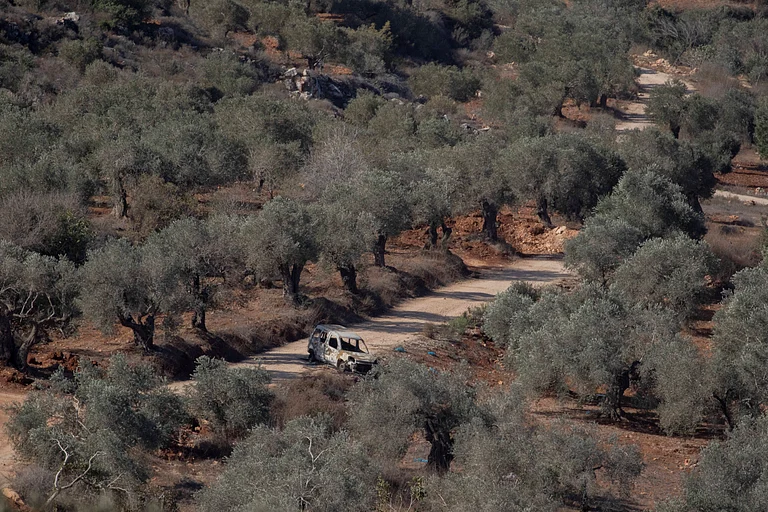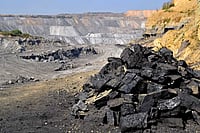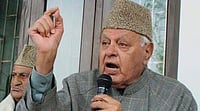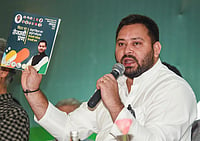
Summary of this article
Hundreds of Palestinian citizens in Israel marked the 69th anniversary of the 1956 Kafr Qasim massacre with a march, prayers, and calls for justice and recognition.
The massacre occurred when Israeli border police shot 49 villagers returning home during an unannounced curfew; most officers received minimal punishment.
Speakers and rights groups urged the Israeli government to issue a formal apology, release classified records, and include the incident in school curricula as part of acknowledging Palestinian citizens’ rights.
Hundreds of Palestinian citizens of Israel gathered in the central town of Kafr Qasim on Tuesday to commemorate the 69th anniversary of the massacre that claimed 49 lives in 1956. The annual march, marked by grief and defiance, renewed demands for official recognition of one of the darkest episodes in Israel’s history.
Men, women, and schoolchildren carrying black flags, Palestinian colours, and portraits of the victims walked through the streets of the town before halting at the memorial site. There, survivors, community leaders, and families of the dead observed a minute’s silence and laid wreaths in memory of those killed by Israeli border police during a sudden curfew nearly seven decades ago.
“Memory That Lives On”
Speakers at the event described the massacre as a defining moment in the collective memory of Palestinians inside Israel. “We come here not just to mourn, but to remind the state that justice delayed is justice denied,” said one local organiser. “Our grandparents were citizens of this country, yet they were killed for returning home from work.”
The commemoration was attended by representatives of Arab political parties and rights groups, who reiterated demands for the Israeli government to issue a formal apology, release classified documents related to the incident, and include the massacre in official school curricula.
The 1956 Massacre
On October 29, 1956, the same day Israel invaded Egypt during the Suez Crisis, Israeli border police imposed an unannounced curfew on Kafr Qasim, a Palestinian-majority village inside Israel’s borders. As residents returned home from nearby farms and factories unaware of the order, officers opened fire, killing 49 people, including women and children.
While several policemen were later convicted, most received light sentences, and commanding officers largely escaped accountability. One senior officer was fined a single pruta (less than a cent), a verdict that became emblematic of impunity in Israeli military justice.
This year’s ceremony took place amid heightened tensions across Israel and the occupied territories, as well as growing debates over historical reckoning and minority rights.
Despite repeated calls, successive Israeli governments have never issued an official apology for the massacre. Yet for residents of Kafr Qasim, the annual march remains a testament to their persistence — an act of remembrance and resistance that continues to echo 69 years on.



